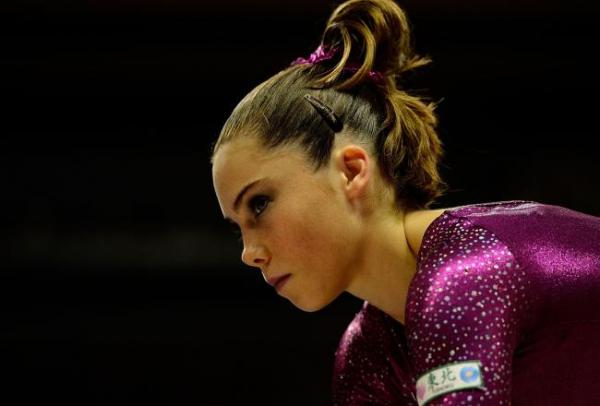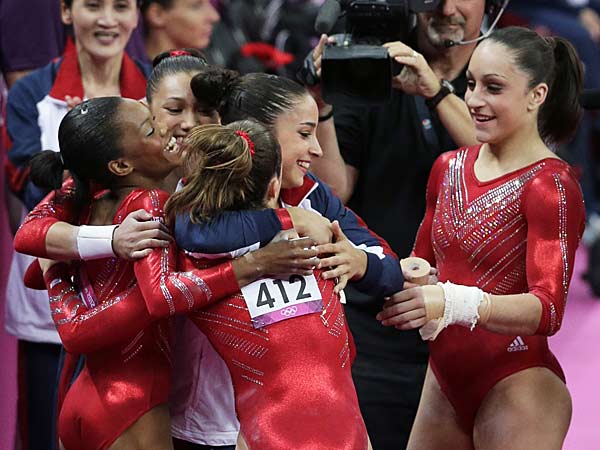
Don’t worry – no plot spoilers!
According to an article on Gender Focus, the Game of Thrones panel at Geek Girl Con failed to fully acknowledge the depth of misogyny in the series, settling for run-of-the-mill cop-outs instead.
The usual suspects turned up. One of them was: since A Song of Ice and Fire is part of the fantasy genre, which is based on history, the social hierarchies of the time have to be portrayed faithfully and it isn’t sexist to do so. Another was: George R. R. Martin is a decent guy, so he can’t have been sexist. He was probably just a little insensitive.
As Hodge rightly points out, the first point does not hold water. There were no skinny, icy killers called ‘The Others’ in Medieval England. Summer has never lasted eight years. No king of ours ever won his crown by riding a fire-breathing dragon into battle. So why glorify the brutalization of women? Martin was not forced to do so. Everything in the book was a choice, and he chose to mimic the extreme inequality of that era.
Of course, that’s not to say that rape or the debasement of women can never be depicted in fiction. Stieg Larsson’s Millennium trilogy was rife with scenes of rape and sexual torture of women, yet his books project a very strong feminist message.
First of all, Larsson is very clear as to his reasons for such scenes. In The Girl with the Dragon Tattoo, he begins each section with a statistic, drawing our attention to the problem of violence against women in Sweden. “18% of the women in Sweden have at one time been threatened by a man,” Part 1 informs us. “46% of the women in Sweden have been subjected to violence by a man,” says Part 2, and so on. The assaults and murders that happen in his books do not pepper the text like bits of fancy decoration; rather, they are central to the plot and development of his characters, and the reader is forced to appreciate the horror and depravity of such acts.
Sadly, in A Song of Ice and Fire, rape or abuse of women happen on almost every page. They are depicted in an offhand manner, completely gratuitous, and pass without comment. Worse, the perpetrators are frequently portrayed as sympathetic characters instead of villains. I came across a rape/assault reference almost every five minutes, and to give you an idea of just how much random rape that adds up to, each book is about 800 to over 1000 pages long. There are five books so far, with two more in the making.
Another significant difference is that Larsson’s fictional rapes occur in modern-day Sweden, and form part of a commentary on the unequal gender relations in the society to which he belonged. One of the panellists at Geek Girl Con said, “I think he [George R. R. Martin] is making a profound allegorical statement about the US in the last century.” Now I don’t buy this for a second. If Martin’s intentions were indeed to make a statement about the power relations in contemporary US culture, why on earth would he choose to set his tale in a world that obviously reflects the values of the medieval period? Far from encouraging his readers to think critically about today’s society, it smacks of a kind of moral complacency. The reader can look back at these knights and kings and think, “Wow, things were certainly grim back then. What a long way civilization has come.” Far from encouraging critical analysis of contemporary society, it actually pulls it up short, luring the reader into self-congratulation – “We’re so much better than these barbarians!”
And that is why I cannot believe that Martin’s choices were geared towards societal reform. But that’s ok; not every work of fiction has to have a social or political agenda. There’s a place for all kinds of books, from the highly political Animal Farm to the mysteries of Agatha Christie, from the humour of Diary of a Wimpy Kid to the magical world of Harry Potter. But here’s the rub: we’ve established that A Song of Ice and Fire isn’t political. It isn’t humorous, and it doesn’t invite readers to exercise their wits. Martin’s series is in the same genre as Harry Potter is. It’s written purely for escapism and entertainment, where readers can leave the real world behind for a moment and revel in the author’s creation. But while there’s nothing too disturbing about a child (or grown-up) imagining that they can pick up a wand and do magic, there’s something very creepy about millions of people choosing to escape into a world where women are nothing more than objects to be bought and sold, where young girls are raped by the side of the road, and where the brutal killing of defenceless women is normalised.
The biggest mistake made by the panellists at Geek Girl Con was, in my opinion, an over-emphasis on George R. R. Martin himself. It appears that one of them personally knew him, and was thus keen to defend his character, assuring people that he was not a nasty piece of work. The implication is that Martin is not a bad man, ergo, his books can’t be that bad. I can’t stress enough just how flawed this line of reasoning is. I’m happy to believe that Martin is not a bad person. If he were to tell me that he’s never raped or hit a woman in his life, that he loves the women in his family and cares deeply about them, I will believe him. I do not think that he consciously intended to be sexist when writing the books. Indeed, there are a few scenes where he makes an effort to go against stereotypes, and some of his characters actually speak out about the condition of women.
What we need to understand, though, is that patriarchy is embedded into society, and has been so for a long, long time – as far back in history as you can possibly go. Individuals do not need to be villains to be sexist. Just as rapists are seldom men who pop out from behind a bush or accost you in a dark alleyway, perpetrators of everyday misogyny are not always violent men who blatantly hate women. They could be – and often are – people that you know and like. They could be your friends, boyfriends, husbands, fathers, brothers, sons, or colleagues. But that doesn’t mean they are all evil people. They are merely products of a patriarchal society who haven’t yet seen the possibility of a different way of being. They are me, before I embraced feminism. They are what I could be like, were I a man and had no reason to look too closely at society.
But until we learn to separate the individual from the misogyny that they perpetuate, and recognise that to vilify the misogyny is not to vilify the perpetrator, we will always be in danger of pussyfooting around the subject, instead of calling someone out on their sexism.
(Note: there are spoilers up to the third book in the comments)




